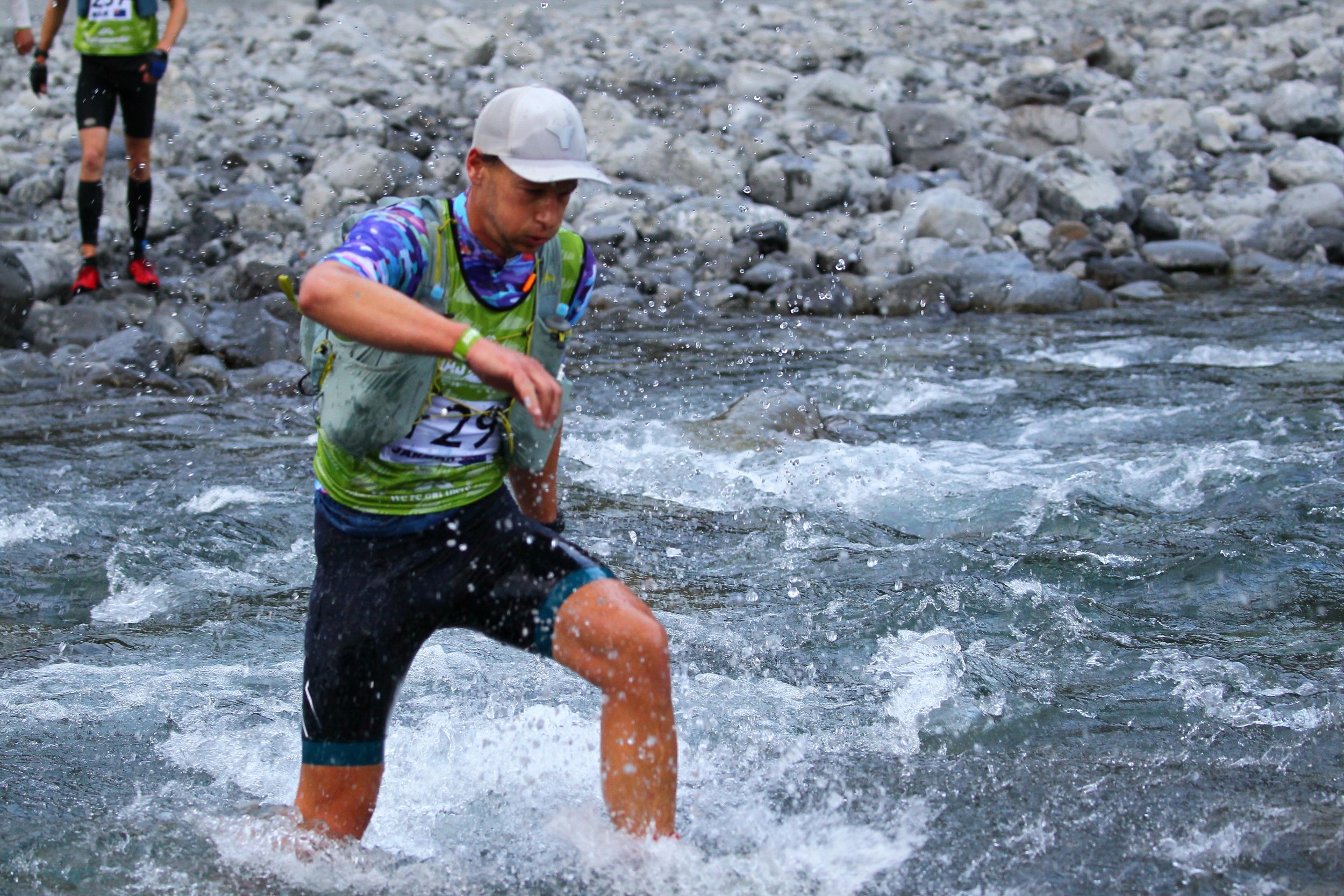Coaching the Coast to Coast
“Two from Two” was the call and it felt very satisfying after misfortune and plain old bad luck robbed us of the first two attempts.
Coaching athletes that were pure adventure athletes rather than triathletes crossing over to adventure racing was a big difference this prep. There was a different mindset. The athletes, Jarrod Denny and Ben Bourke, even labelled themselves the “misfits”.
I just stuck to the core principles however and chipped away at getting some rythym into their programs so they had foundations to rely on and be able to track progress. From discussions with Dougal Allan (a previous winner) the approach is always have a good mix of aerobic fitness and strength as the cornerstones. This is obviously not unlike long course tri but the different skill components are obvious.
We worked away at making sure their bodies were durable. Doing the “little things” like pilates and regular physio support were extremely important.
The boys are both business owners. This can be good for flexible training times but mostly they work long hours and this was an obvious challenge at times.
I tried initially to get some big long sessions out of them but in the end settled on the cornerstones of 1 x 2 hour run , 1 x 2 hour bike and 1 x 2 hour paddle plus all the regular 1 hour mid week sessions. This worked better. Sometimes the guys could go above the 2 hours on the long ones and sometimes they were below, but 2 hours seemed to fit our bill.
The major skill components were kayak / white water paddling, plus running over very rough terrain and climbing hills. The bike in Coast to Coast is relatively benign and the bigger challenge for that was the context of it being part of a big day. Riding 70k off a 5 hour kayak has obvious challenges.
We used the National Park to our advantage. Climbs up Honeymoon Trail and through the Robertson’s Roundabout trail were staples and they progressed well over the months of repeat runs here.
In the kayak the guys committed to a couple of trips over to NZ to be taught by the experts on the course. This gave us tremendous confidence. In fact, the guys did a 58k paddle on the course only 5 days before the race. This challenged me as i was worried it was too much - but it wasn’t. It only helped !
We also had some great training getting done in the Hacking River and out into Bate Bay in the right conditions. The environment is really ideal to be honest. We don’t have white water but we do have water and access to rough water in terms of the ocean.
I was stoked to get to the race. You can’t learn in your living room and being there on the day was an experience you can’t buy. You get to see the elites and how they work. You get to see all the logistical challenges. You get to see your athlete’s demeanour and their resilience. You also get to see how all the support crews work and how to do transitions well.
Adventure athletes are very resilient. In fact they focus on this and thrive on it. The elites are resilient, skilful and fast. They are well oiled machines roaming the globe making a living off the sport.
The guys have pulled up very well after the race. It doesn’t seem to have knocked them around too bad physically and mentally they are “UP” and excited by what’s next.
Being an endurance coach is extremely rewarding. You get to see some incredible feats. Adventure racing is exciting for me as a coach. I have done a fair bit of it now with Defiance, Coast to Coast and various local races. I get to be exposed to different challenges and use my skills to prepare athletes for those challenges.
If you are an endurance athlete try some adventure racing. It will refresh you and challenge you.
This is no ordinary run. The run in my view is the cornerstone to success in the event. Check out JD’s form here with great balance and leg drive - it’s awesome.
This photo of Ben shocked me. I honestly didn’t realise the white water was this white. Benny took the only line he knows, the fun one.
A skilled and supportive 2 person crew is key. How you work with them is also key. The boys nailed this aspect with awesome crews that were meticulous in their organisation. Ben’s crew of Sandra and Troy were awesome. Sandra is a local of the area and a previous finisher.
Jarrod’s Crew of Jeff and Jarad were non stop all day. They left no stone unturned.




